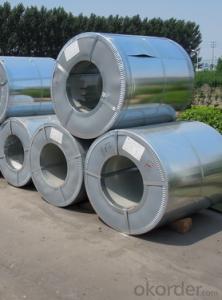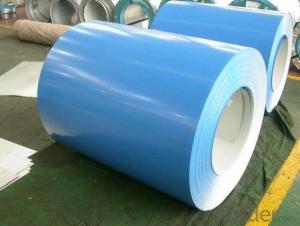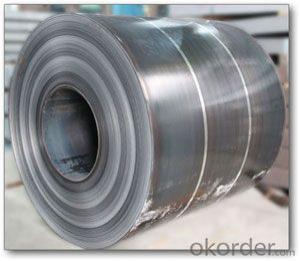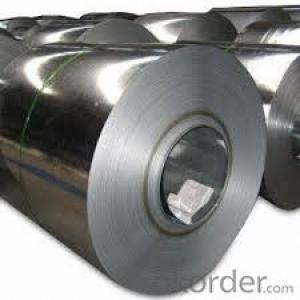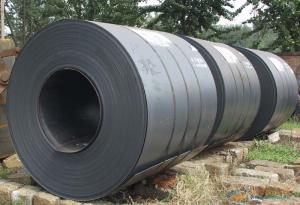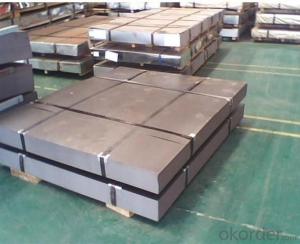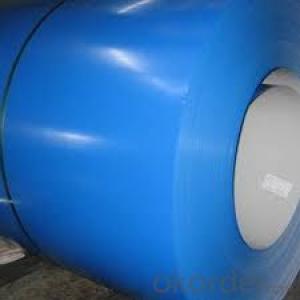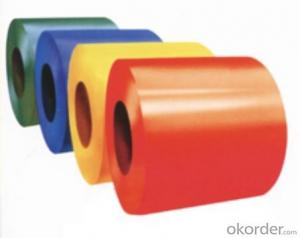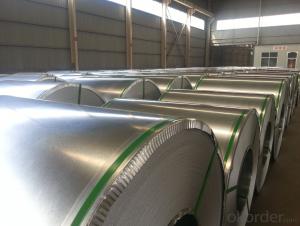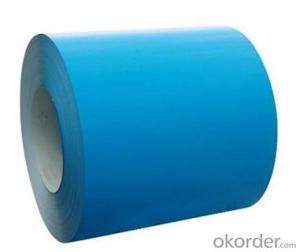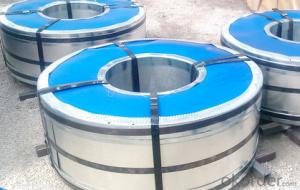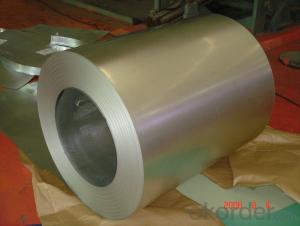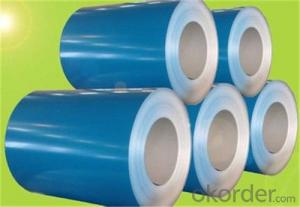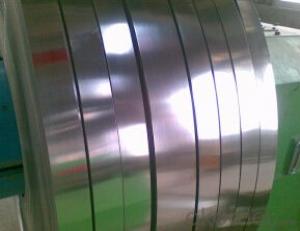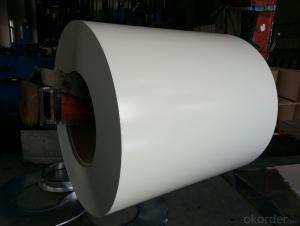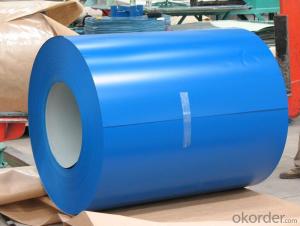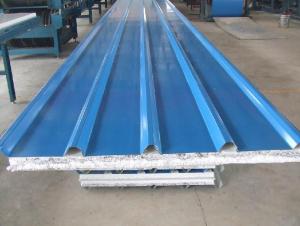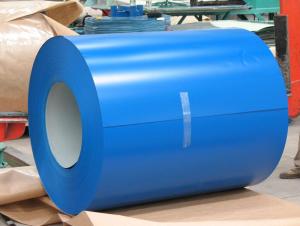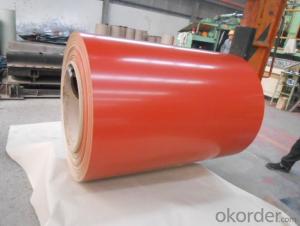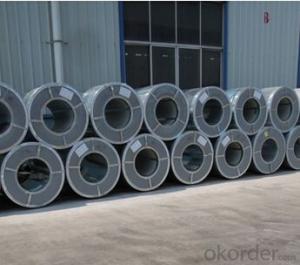All Categories
- - Steel Wire Rod
- - Steel Coils
- - Steel Profiles
- - Steel Pipes
- - Stainless Steel
- - Tinplate
- - Special Steel
- - Steel Sheets
- - Steel Rebars
- - Steel Strips
- - Hot Rolled Steel
- - Cold Rolled Steel
- - Pre-painted Steel
- - Seamless Steel Pipe
- - Welded Steel Pipe
- - Hollow Steel Tubes
- - Galvanized Pipe
- - Stainless Steel Coil
- - Stainless Steel Sheet
- - Stainless Steel Plate
- - Stainless Steel Strips
- - Electrolytic Tinplate Coil
- - Electrolytic Tinplate Sheet
- - Stainless Steel Rebars
- - Solar Panels
- - Solar Water Heater
- - Solar Related Products
- - Solar Inverter
- - Solar Cells
- - Solar Light
- - Solar Energy Systems
- - Solar Controllers
- - Solar Mounting System
- - Solar Pump
- - Solar Chargers
- - Fiberglass Chopped Strand
- - Fiberglass Mesh Cloth
- - Composite Pipes
- - FRP Pultrusion Profiles
- - Fiberglass Mat Tissue
- - Fiberglass Fabrics
- - Fiberglass Mesh
- - Composite Tank
- - Fiberglass Mesh tape
- - Polymer
- - FRP Roofing Panel
- - Fiberglass Roving
- - Monolithic Refractories
- - Ceramic Fiber Products
- - Refractory Bricks
- - Raw Materials For Refractory
- - Suspended Platform
- - Cranes
- - Concrete Machinery
- - Earthmoving Machinery
- - Building Hoist
- - Road Building Machinery
- - Plastic Pipe Fittings
- - Plastic Tubes
- - Plastic Sheets
- - Agricultural Plastic Products
- - Plastic Nets
 All Categories
All Categories
Q & A
How can defects in stainless steel coils be repaired?
Defects in stainless steel coils can be repaired through various methods such as welding, grinding, and polishing. Welding can be used to fill in any cracks or holes in the coils, while grinding helps to smooth out any surface imperfections. Polishing is also employed to remove any visible defects and restore the desired finish. Ultimately, the repair method chosen depends on the nature and severity of the defect in the stainless steel coils.
How is stainless steel coil used in the production of medical implants?
Stainless steel coil is commonly used in the production of medical implants due to its excellent corrosion resistance, high strength, and biocompatibility. It is often used to create the base structure of implants such as artificial joints, bone plates, and surgical instruments. The coil is shaped and formed into the desired implant design, providing stability and durability. Additionally, stainless steel coil can be further processed to enhance its surface properties, making it more resistant to wear and promoting tissue integration.
What are the different types of surface protection for stainless steel coil (peelable, removable, etc.)?
The different types of surface protection for stainless steel coil include peelable, removable, self-adhesive films, protective tapes, and temporary coatings. These options provide varying levels of protection against scratches, stains, and other damage during storage, transportation, and processing.
How does the grade of stainless steel affect the performance of the coil?
The grade of stainless steel directly affects the performance of the coil. Higher-grade stainless steel, such as 316, offers better corrosion resistance and durability compared to lower-grade stainless steel, such as 304. This improved corrosion resistance ensures that the coil can withstand harsh environmental conditions and prolonged exposure to moisture, chemicals, and heat. Additionally, higher-grade stainless steel coils tend to have better heat transfer properties, allowing for more efficient heating or cooling of the surrounding environment. Overall, the grade of stainless steel plays a crucial role in determining the performance and longevity of the coil.
What is the tolerance for thickness in a stainless steel coil?
The tolerance for thickness in a stainless steel coil typically depends on the specific grade and application requirements. However, in general, the tolerance for thickness in a stainless steel coil can range from +/- 0.005 inches to +/- 0.030 inches, depending on the production standards and customer specifications.
Wholesale Stainless Steel Coil from supplier in Malawi
Thank you for considering us as your supplier of Stainless Steel Coils in Malawi. We are confident in our ability to meet your needs and provide you with excellent customer service.
Our team is dedicated to ensuring customer satisfaction and we strive to offer the highest quality products that meet international standards. We understand the importance of reliability and durability in your projects, and we are committed to delivering Stainless Steel Coils that can withstand the demands of various industries in Malawi.
As a subsidiary of CNBM, a Fortune Global 500 company, we have the resources and expertise to provide you with a convenient and efficient procurement experience. Our comprehensive sales, quotation, and technical support services are designed to assist you throughout the entire process, from initial inquiry to final delivery.
With our years of experience in the Malawi market, we have gained valuable insights and knowledge that enable us to offer tailored solutions for your specific projects. Whether you require Stainless Steel Coils for construction, manufacturing, or any other application, we are well-equipped to assist you effectively.
We invite you to contact us now to discuss your Stainless Steel Coil requirements. Our team of experts is ready to provide you with personalized assistance and help you achieve success in your projects. We look forward to serving you and building a long-lasting partnership.
Our team is dedicated to ensuring customer satisfaction and we strive to offer the highest quality products that meet international standards. We understand the importance of reliability and durability in your projects, and we are committed to delivering Stainless Steel Coils that can withstand the demands of various industries in Malawi.
As a subsidiary of CNBM, a Fortune Global 500 company, we have the resources and expertise to provide you with a convenient and efficient procurement experience. Our comprehensive sales, quotation, and technical support services are designed to assist you throughout the entire process, from initial inquiry to final delivery.
With our years of experience in the Malawi market, we have gained valuable insights and knowledge that enable us to offer tailored solutions for your specific projects. Whether you require Stainless Steel Coils for construction, manufacturing, or any other application, we are well-equipped to assist you effectively.
We invite you to contact us now to discuss your Stainless Steel Coil requirements. Our team of experts is ready to provide you with personalized assistance and help you achieve success in your projects. We look forward to serving you and building a long-lasting partnership.
